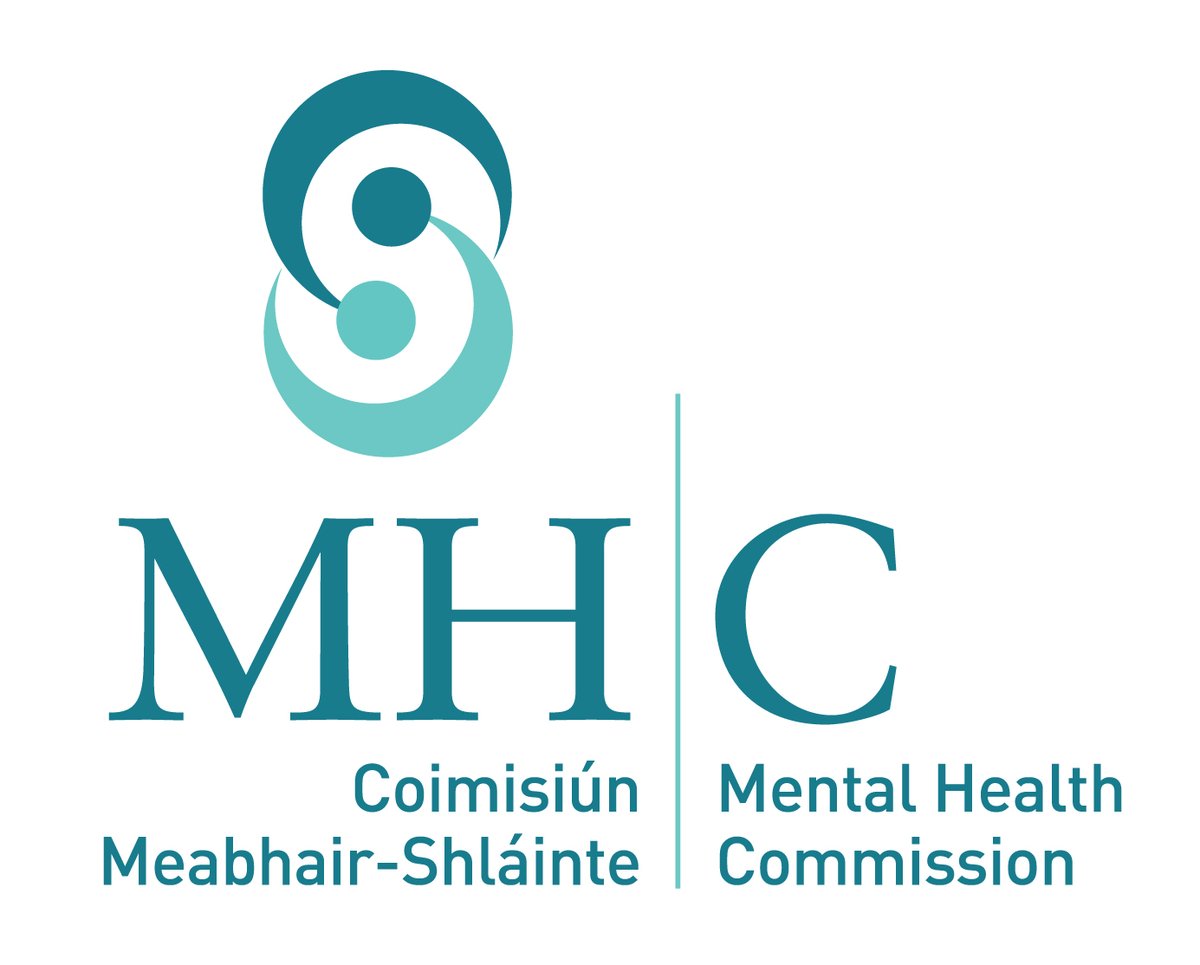The Mental Health Commission (MHC) has issued a ban on the use of mechanical restraint for children following a review and consultation process by the regulator on the rules and code of practice governing the use of restrictive practices in inpatient mental health settings in Ireland.
The outcome of the review, which commenced more than 18 months ago, sees the introduction by the MHC of new rules for seclusion and mechanical restraint, and a new code of practice for physical restraint, all of which will come into force on 1 January 2023.
The new rules include an outright ban on mechanical means of bodily restraint for children, including the use of hand and leg cuffs. They will also require all public and private services to publish information about their efforts to reduce and, where possible, eliminate the use of restrictive practices.
The new rules and code were published this morning by the MHC in tandem with the 2021 Restrictive Practices Activities Report, which documents the use of these practices across 67 inpatient mental health centres in Ireland in 2021. Although the report shows that there has been a substantial reduction in episodes of restraint and seclusion since 2020, the purpose of the new rules and code of practice is to bring about further improvements and ensure that these practices are only used in exceptional circumstances.
The documents published today represent the second substantial review and update of the rules and code since they were first introduced in 2006. There have been significant and progressive developments in mental health care in the intervening years. These updated documents are informed by these developments and, in particular, emphasise the need for services to adopt a rights-based approach to mental health care.
In addition to carrying out a rigorous review of the published national and international academic evidence, the MHC also met and spoke with people who have experienced restrictive practices, as well as staff and clinicians in mental health services.
“It is clear from the evidence and from the people who took part in our review that restrictive practices are not therapeutic and, indeed, have the potential to cause very serious physical and psychological harm,” said the Director of Regulation for the Mental Health Commission, Gary Kiernan.
“As well as physical injuries, the use of these interventions may increase the risk of trauma and trigger symptoms associated with previous experiences of trauma. Therefore, they must only be used in rare and exceptional circumstances as an emergency measure to keep the person or those around them safe.
“The published evidence shows that children and young people are particularly vulnerable to trauma and injury as a result of these practices. We have paid particular attention to this area, and introduced a number of new provisions to protect children, including a complete ban on mechanical means of bodily restraint for children.”
“The point of the revised rules is that we want to ensure that services intervene with restrictive practices only when absolutely necessary and prioritise positive engagement and empowerment of the person to regain self-control,” said Mr Kiernan. “We believe that our requirement for services to publish information about their efforts to reduce and eliminate these practices will help to hold organisations and their leaders to account.
“Many Irish mental health services have already successfully adopted this approach. They have shown – particularly over recent years – that they are actively working to reduce restrictive practices. The MHC’s 2021 activity report, which we are also publishing today, shows further significant reductions in episodes of seclusion and physical restraint. However, we need to see further reductions and a continuation of this downward trend in line with contemporary and international best practice.”
The Chief Executive of the Mental Health Commission, John Farrelly, said that although restrictive practices may, on occasion, be necessary to maintain safety in the day-to-day environment of an acute mental health service, the MHC still expects to see reductions in the use of these practices from 2023.
“In order for that to happen, services need to take ownership of these rules and clearly demonstrate their commitment to their implementation,” Mr Farrelly said. “As the regulator, we believe that the publication of these rules and codes represents an important milestone in the continued reduction and, where possible, elimination of restrictive practices from our inpatient mental health services.”
As with the current rules and code of practice – which came into effect on 1 January 2010 – the revised rules and code will be applicable to all inpatient mental health services in the public, voluntary and independent sectors from 1 January 2023. The MHC will be providing training and resources to services over the coming weeks and months in advance of that date.
2021 Restrictive Practices Activity Report
The MHC also published an activity report this morning that documents the use of restrictive practices across 67 inpatient mental health centres in Ireland in 2021. The report is the twelfth such publication by the MHC and forms part of its remit to report independently on the quality and safety of mental health services in Ireland.
In 2021, there were a total of 4,636 episodes of seclusion and physical restraint recorded nationally, which involved 1,790 residents of approved centres. This represented a decrease from 2020, where there were a total of 5,830 episodes of seclusion and physical restraint, involving 1,880 residents. In 2019, there were a total of 6,747 combined episodes of seclusion and physical restraint, involving 1,803 residents. The use of mechanical restraint also decreased in 2021 in comparison to 2020, and its use as a restrictive practice in approved centres remains low.













Leave a Reply
You must be logged in to post a comment.